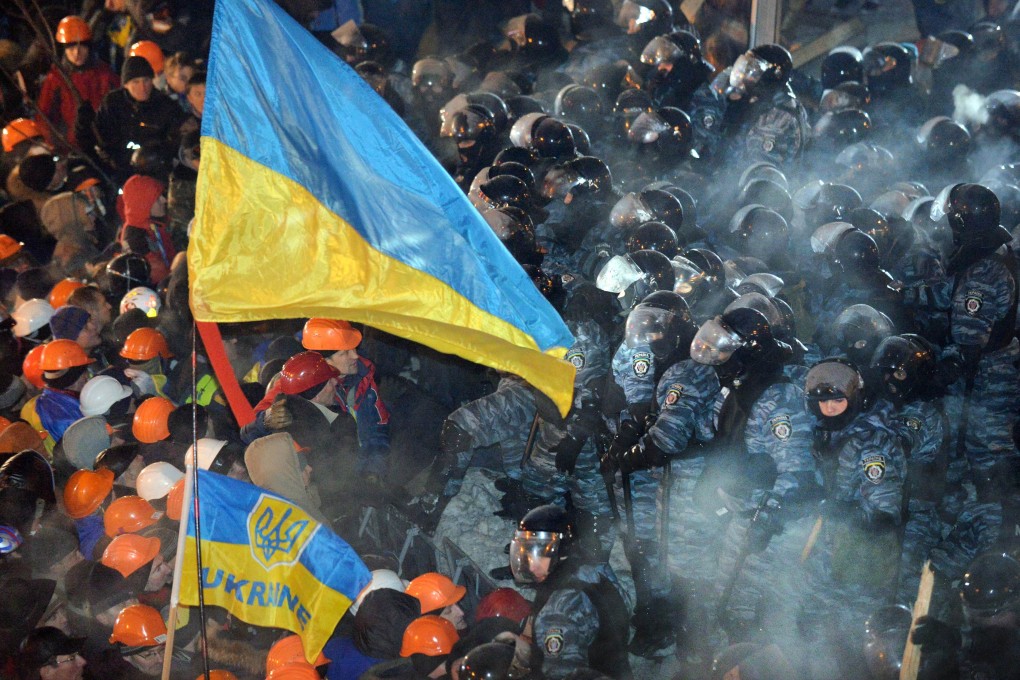Crisis in Ukraine has exposed many failings, not least Russia's
Innes Doig says we may still be a long way from a new cold war, but citizens of both nations deserve better

It is a year since protesters took to Kiev's Independence Square following then-president Victor Yanukovych's abrupt decision not to pursue an association agreement with the European Union but instead pivot his country - yet again - towards Russia. We know what followed: violence in the capital, Yanukovych fleeing, Russia's annexation of Crimea, the unleashing of a vicious conflict in eastern Ukraine and the downing of a passenger aircraft.
Ukraine has unfortunately become a symbol of failures on so many counts. The crisis has revealed the EU is still more of an economic than political union. It has also emphasised US dithering in international affairs.
Most of all, it has exposed the economic failure of many post-Soviet states, in particular Russia. A plummeting rouble, falling oil prices and accelerating capital flight have unmasked Russia's self-professed role as a major global power, leaving aside of course its nuclear capabilities. Russia's overriding focus on petrochemicals has been to the detriment of other business sectors. In fact, the Kremlin's much-trumpeted natural gas agreements with China should be seen more as evidence of Chinese savvy and Russian weakness.
And, in a development which may have surprised President Vladimir Putin, the Ukraine crisis has given Nato a new sense of relevancy.
For all the heated rhetoric and frosty encounters between Putin and Western leaders at the recent G20 meeting, is this really the start of a new cold war? Hopefully not. The cold war was about two very different and competing ideologies. Nowadays, it is difficult to determine exactly what contemporary Russian identity really is.
The recent promotion of the idea of Novorossiya (New Russia), stretching from eastern Ukraine to Odessa, is just one example of a curious mix of tsarist and Soviet nostalgia. Also to be considered is Putin's recent defence of the 1939 Nazi-Soviet pact to carve up Poland, which he had previously described as "morally unacceptable".